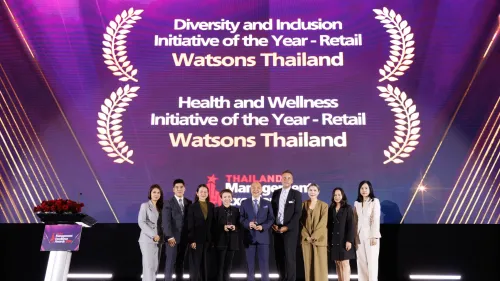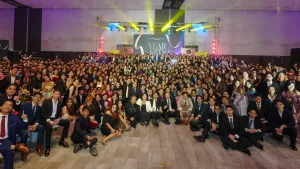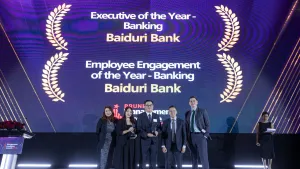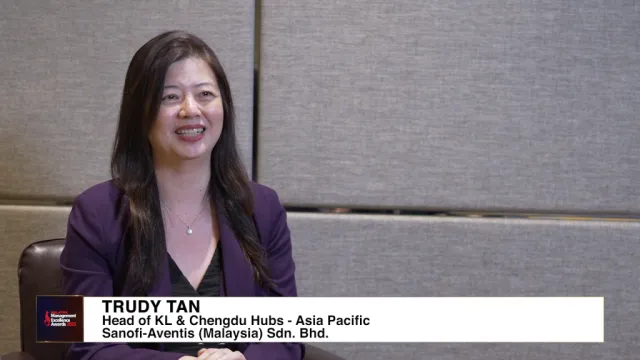Oracle NetSuite’s Wiessinger urges balance in AI-driven cloud ERP adoption
He highlights how firms can avoid over-customisation and harness agentic AI for scalable growth.
Businesses rushing to implement cloud enterprise resource planning (ERP) risk stumbling if they fail to apply artificial intelligence (AI) intentionally, according to Gary Wiessinger, Senior Vice President of Application Development at Oracle Netsuite. Speaking on the sidelines of SuiteWorld in Las Vegas, Wiessinger said companies need a balanced approach that combines structured oversight with grassroots innovation to maximise AI’s potential.
Wiessinger noted that many firms still struggle to find the right strategy. “Some say you need a top-down, centralised approach. Others say enable everyone. Both answers are wrong,” he said.
He added that the most effective approach involves identifying high-impact tasks that can be automated whilst encouraging employees to innovate within controlled parameters.
When asked about cloud ERP flexibility, Wiessinger drew from Oracle NetSuite’s own evolution. He acknowledged that over-customisation had once hindered clients’ scalability and performance. “Just because you can doesn’t mean you should,” he said.
This lesson prompted the creation of NetSuite’s SuiteSuccess programme, designed to help customers apply best practices and determine the right level of customisation. Wiessinger advised firms to question the return on investment (ROI) of every secondary or edge-case customisation request, warning that excessive tailoring can make systems fragile.
He further stressed the importance of change management, cautioning leaders against replicating legacy systems during transformation. “If we do that, we’re just replicating. We’re not going to transform,” he said, underscoring the need to design systems that reflect desired business processes rather than existing ones.
Wiessinger identified agentic AI, where autonomous AI agents collaborate with humans, as the most transformative trend for cloud ERP and business execution in the next three years. He said this evolution will enable companies to automate more workflows through orchestrated human-AI collaboration, enhancing decision-making and operational efficiency.
As AI integration deepens, Wiessinger believes firms that balance flexibility, intentionality, and innovation will be best positioned to scale effectively and transform how they execute at enterprise level.



















 Advertise
Advertise








Commentary
APAC’s hidden CX crisis on the frontline